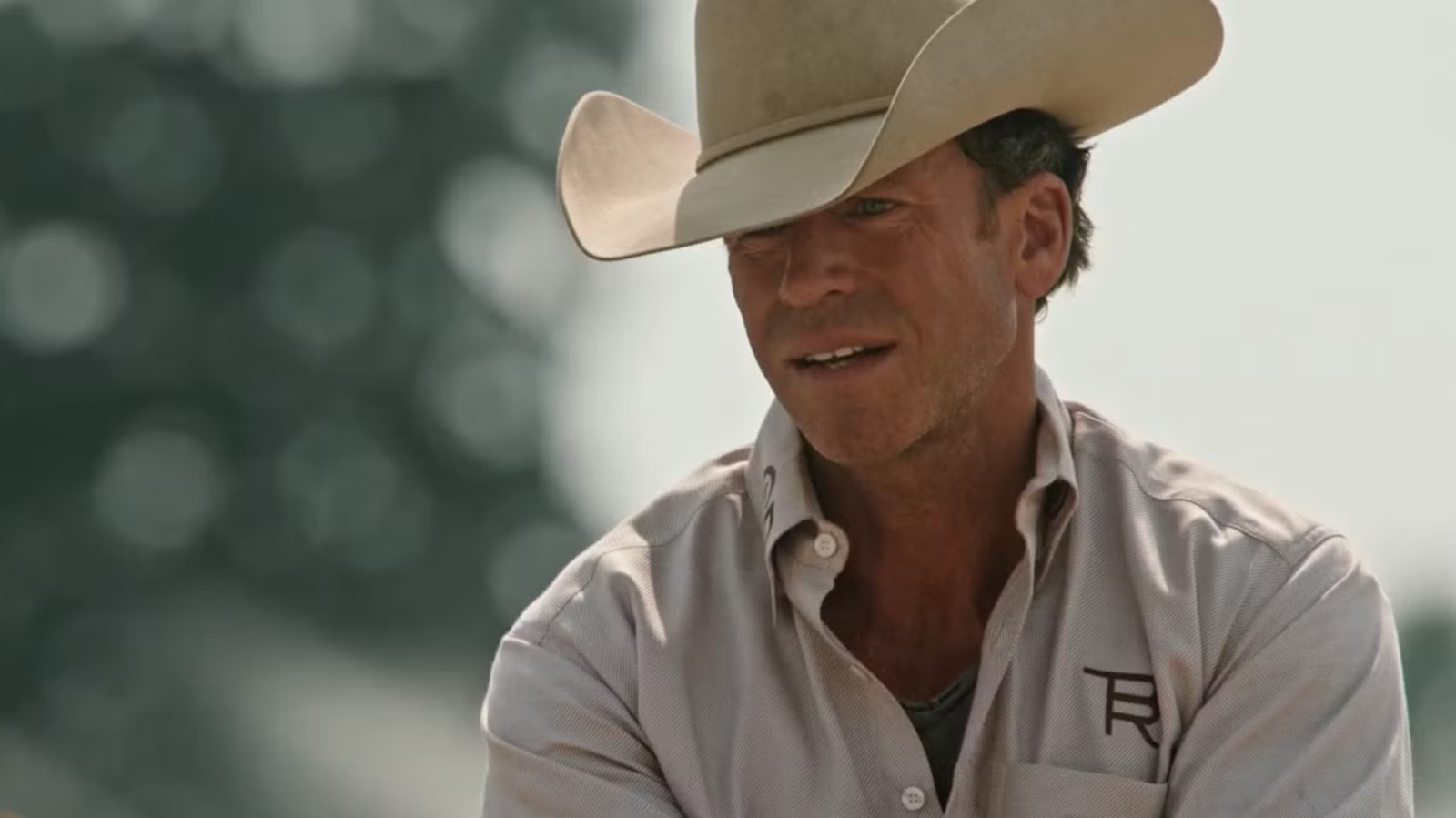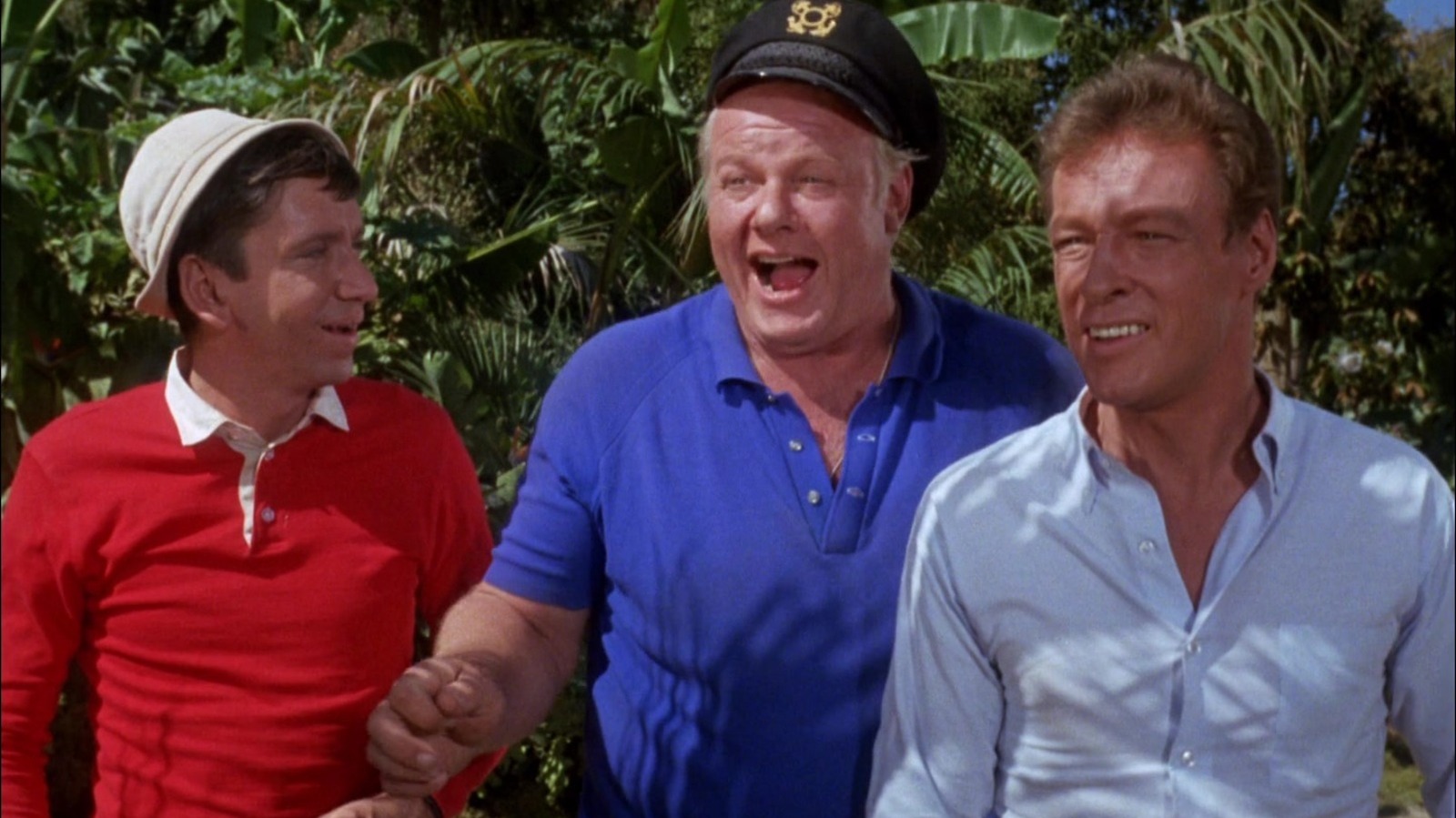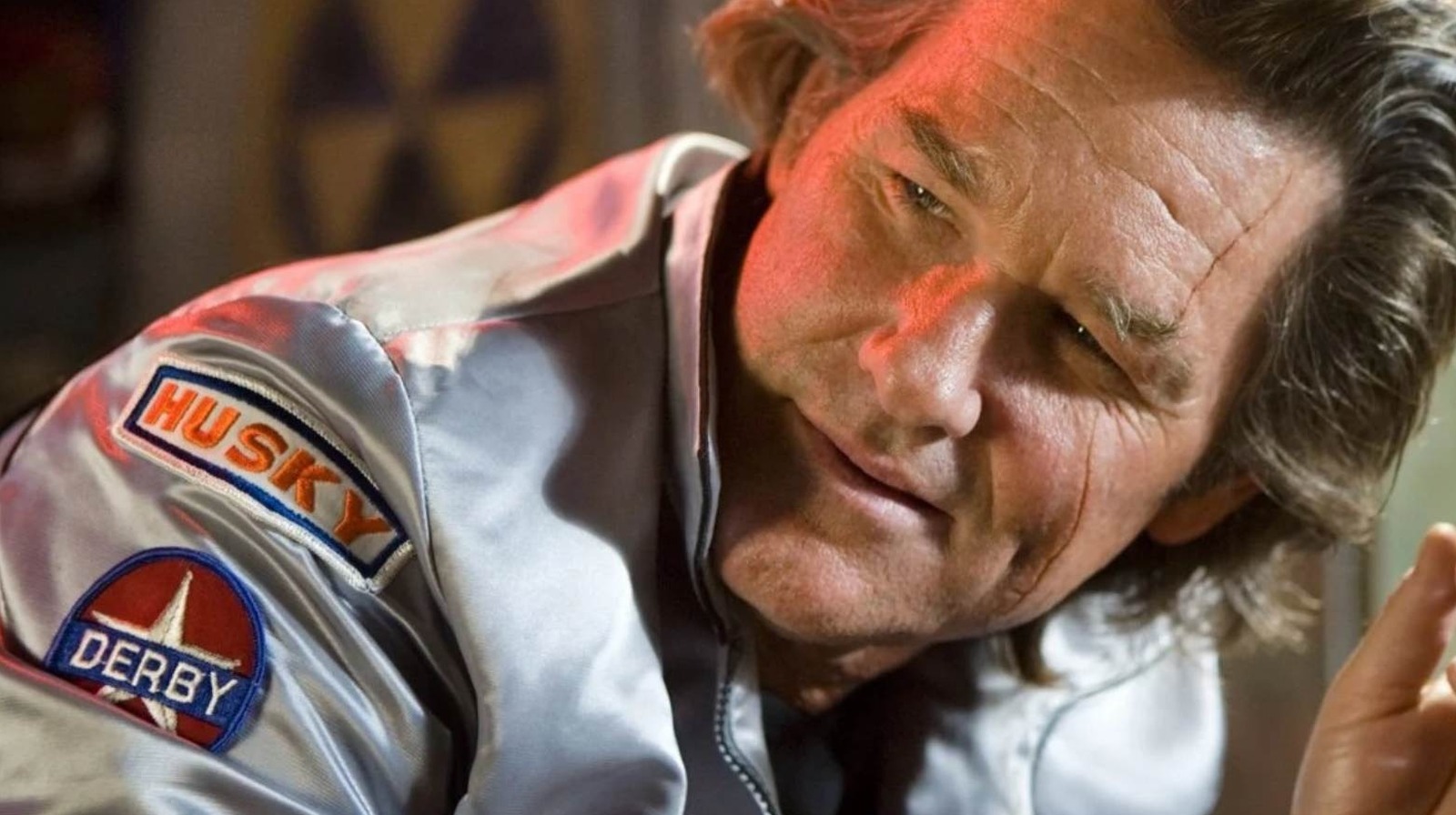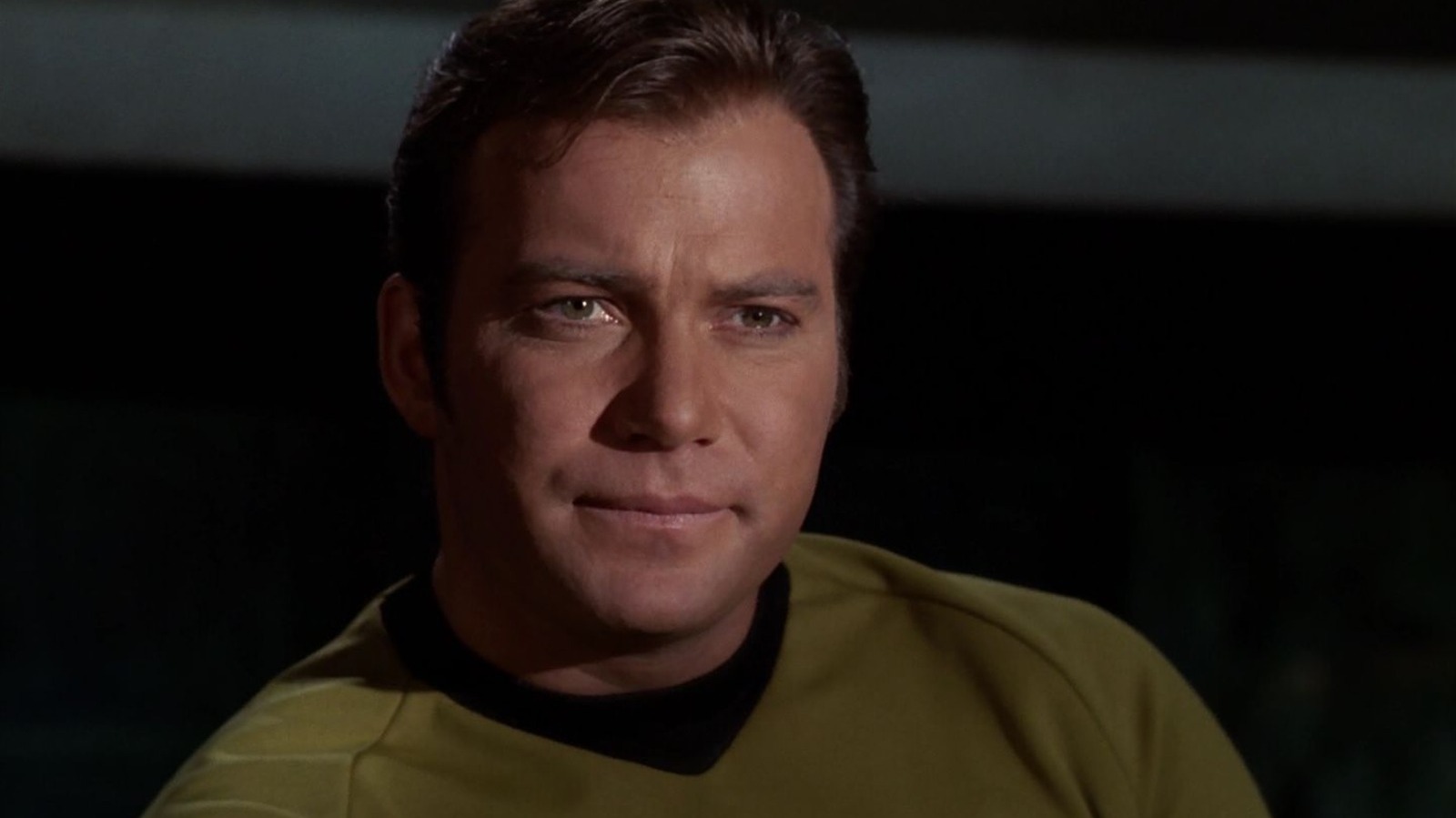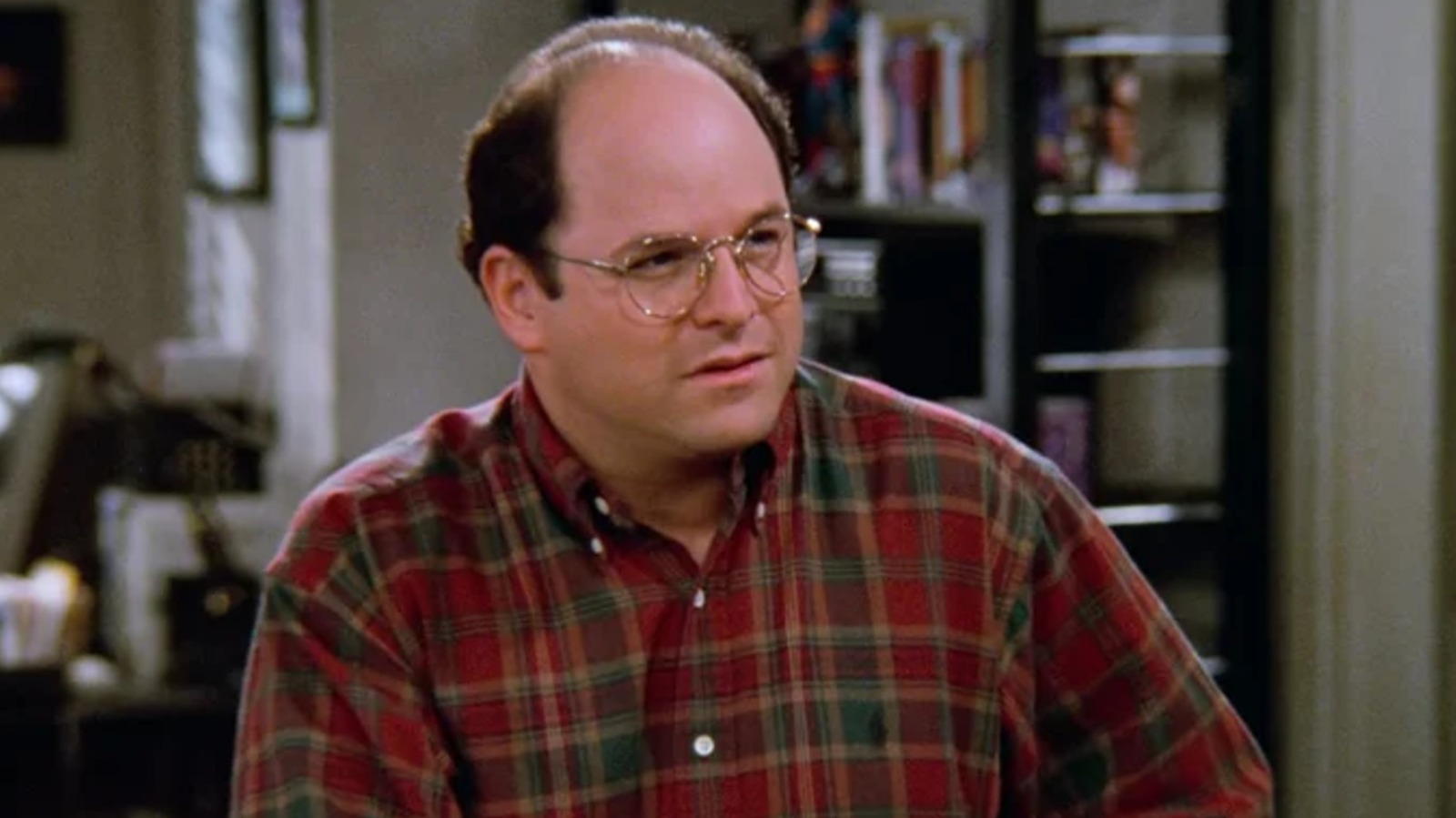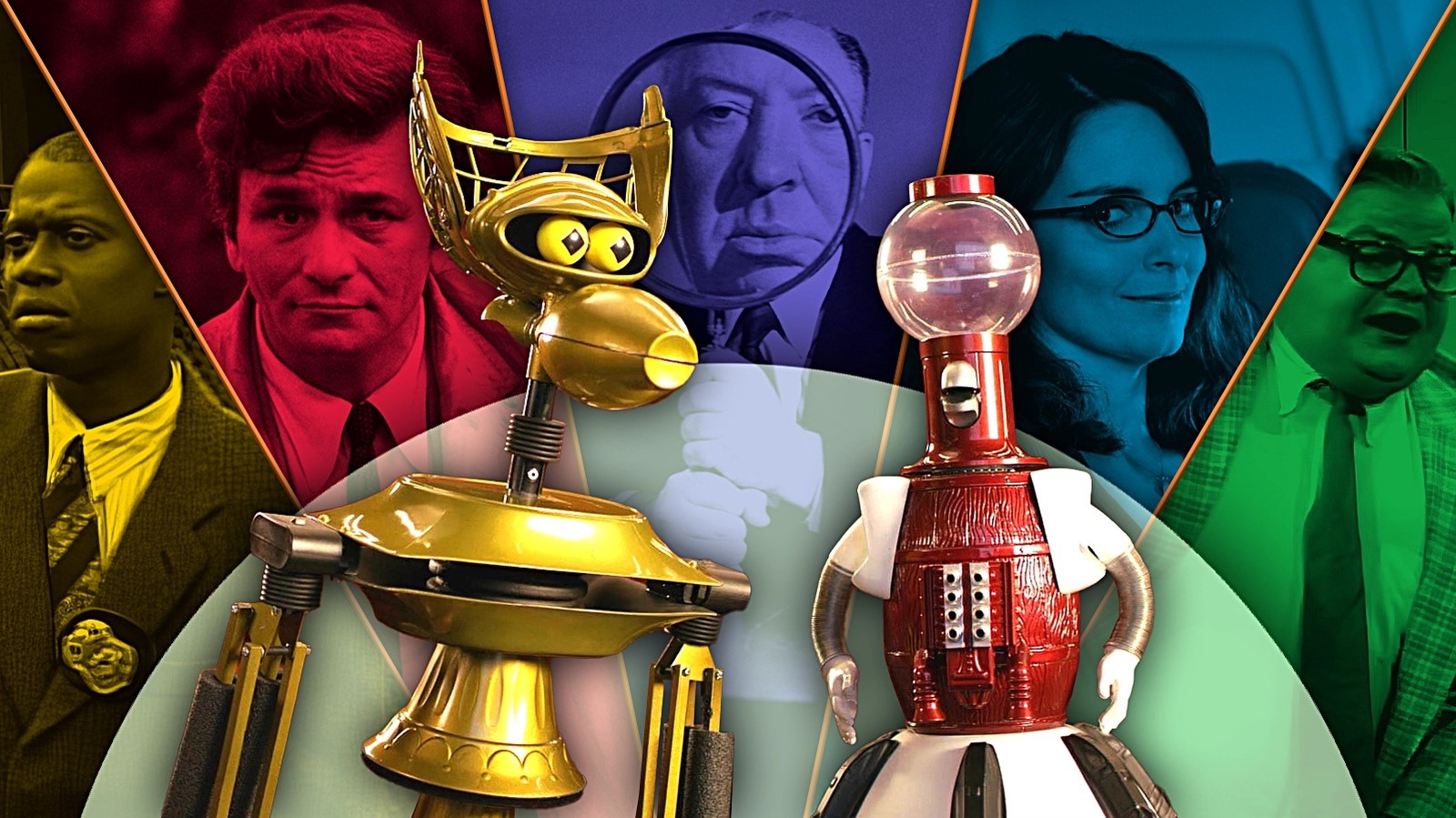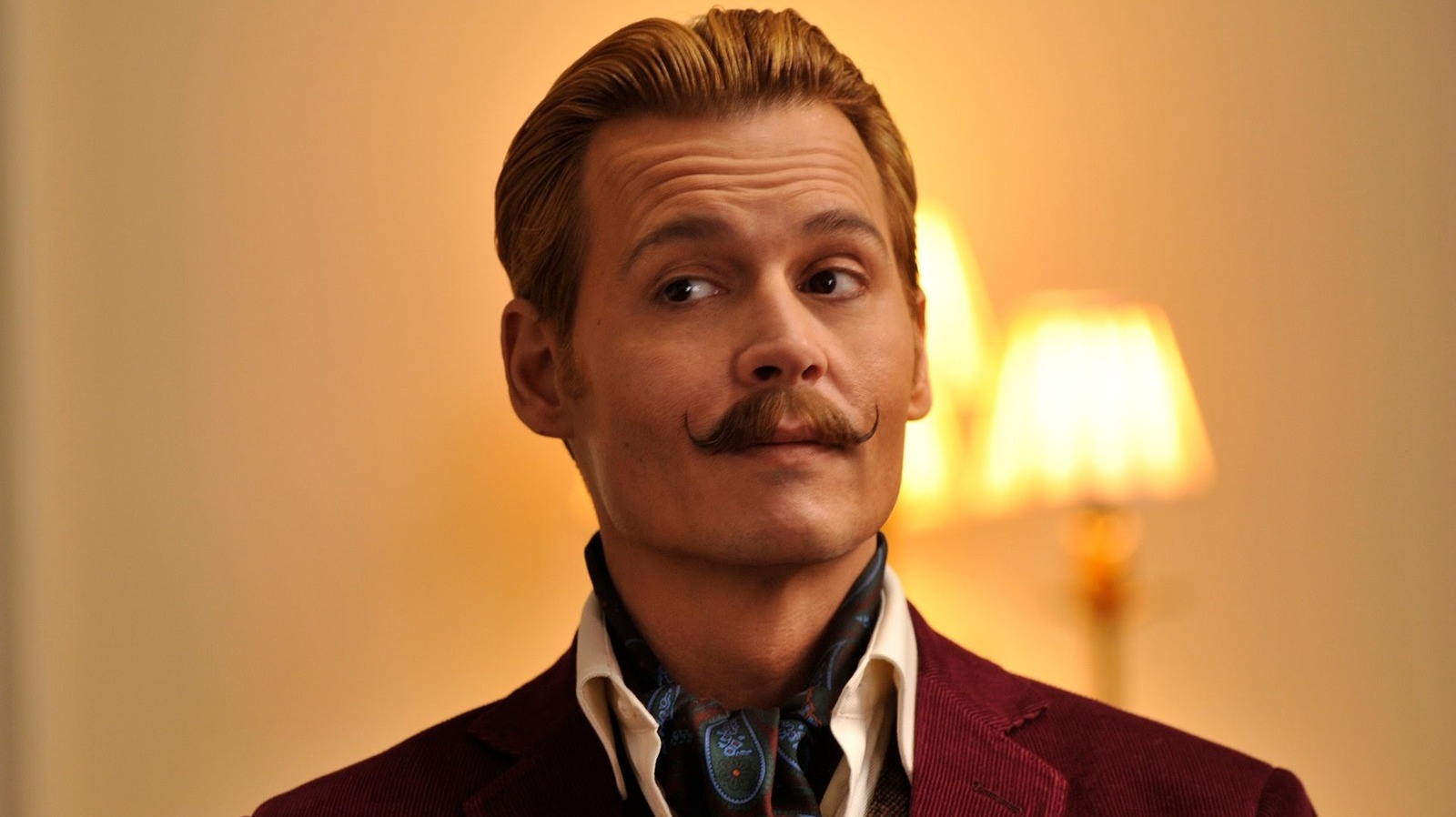
(Welcome to Tales from the Box Office, our column that examines box office miracles, disasters, and everything in between, as well as what we can learn from them.)
“I only directed something someone else wrote once and it was a misbegotten adventure from the beginning, as much my fault as anybody else’s.” Those are the words of director David Koepp, speaking to UCLA in 2022. The misbegotten adventure in question was 2015’s “Mortdecai,” a globe-trotting comedy starring then-A-lister Johnny Depp. It was a massive failure both critically and commercially, one that Koepp doesn’t seem to have an interest in defending.
Koepp is no stranger to big hits. As a screenwriter, he helped turn “Jurassic Park” into one of the biggest movies ever, and that’s just the tip of the iceberg. As a director? It’s a touch more spotty, but the man knows his way around a success. He previously helmed the thriller “Secret Window,” which also starred Depp, and turned it into a nice little hit. As an actor, Depp shot out of the gate like a rocket and quickly became a go-to star for director Tim Burton. Then, in the early 2000s, he was catapulted to superstardom thanks to the “Pirates of the Caribbean” franchise. But as the saying goes, the bigger they are, the harder they fall — and this film truly represented the beginning of Depp’s big fall from grace.
In this week’s Tales from the Box Office, we’re looking back at “Mortdecai” in honor of its 10th anniversary. We’ll go over how it came to be, where Depp was at during this stage of his career, what happened when it reached theaters, what happened in the aftermath of its release, and what lessons we can learn from it a full decade later. Let’s dig in, shall we?
The movie: Mortdecai
The movie was inspired by Kyril Bonfiglioli’s 1972 novel “Don’t Point that Thing at Me.” It was the first in a series of novels centered on aristocrat Charlie Mortdecai. If this one hit, an obvious franchise would be born, not unlike how “Fletch” became a short-lived franchise with Chevy Chase in the ’80s. Eric Aronson (“On the Line”) penned the adaptation. It is perhaps telling that Aronson has not had a feature credit to his name since.
“Mortdecai” as we know it centers on debonair, roguish art dealer Charlie Mortdecai (Depp), who finds himself contending with some angry Russians, the British Mi5, his wife, and an international terrorist all at once. He must travel around the world, armed with his good looks and charm, to recover a stolen painting that is said to contain the key to finding fortune’s worth of Nazi gold.
In 2013, Lionsgate announced that it was extending its partnership with OddLot Entertainment, which saw the companies co-finance several projects, including “Draft Day” and “Ender’s Game,” both of which ended up underperforming. It proved to be a pretty rough partnership.
“We’re delighted to extend and expand our longstanding relationship with OddLot founder Gigi Pritzker and her team,” Lionsgate’s then-co-chairmen Rob Friedman and Patrick Wachsberger said in September 2013 (via MovieWeb). “Our partnership on ‘Ender’s Game’ and ‘Draft Day’ has now been extended to include ‘Mortdecai,’ and we look forward to finding many more pictures to partner on in the future.”
More spoilers, but they did not partner on many more pictures. Not to get too ahead of ourselves here, but OddLot Entertainment went belly up in 2015, the very same year that this movie opened in theaters. Lionsgate tends to have good luck with mid-budget movies but, for whatever reason, the slate it cooked up with OddLot seemed to be poisoned. In the case of this movie, it seemed to think that star power would save the day.
Johnny Depp and an A-list cast couldn’t save Mortdecai
It’s worth pointing out that Depp was as big as stars get at this time. In 2003, “Pirates of the Caribbean” gave Disney one of its biggest, most unexpected franchises. It’s a $4.5 billion juggernaut today. Much of that had to do with Depp’s Jack Sparrow. He also starred in massive hits such as “Charlie and the Chocolate Factory” and “Alice in Wonderland” during the 2000s. He wasn’t quite bulletproof, as misses like “Public Enemies” were in the mix, but he was a pretty safe bet.
However, things were starting to catch up with Depp. He had starred in a few disastrous flops, most notably Disney’s “The Lone Ranger” in 2013. But everyone misses from time to time, and that movie had bigger problems. In the case of “Mortdecai,” this was a starring vehicle for the actor that largely rested on his shoulders. It was on him to prove that he could deliver a hit outside of “Pirates.”
Koepp and Depp were hardly the only big names involved here. The stunning ensemble included Gwyneth Paltrow (“Iron Man”), Ewan McGregor (“Star Wars”), Paul Bettany (“The Da Vinci Code”), Olivia Munn (“The Newsroom”), and Jeff Goldblum (“The Grand Budapest Hotel”) also on board. Bettany, a friend of Depp’s, offered some insight into the actor in a January 2015 interview with HuffPost:
“He doesn’t give a s***, he really doesn’t. He’s never read a review in his life, he loves the making of the movie, but he doesn’t watch the movies. He absolutely doesn’t care about what a critic might think. He’s a whale swimming through the ocean, and a whale doesn’t notice the barnacles on him. He’s like, f*** that. I’m swimming through the ocean, doing my thing.”
Even if Bettany didn’t mean it as such, that seems rather damning in light of the film’s failure, not to mention what came later (we’ll circle back to that). In any event, this movie had that “too big to fail” air that seems to cascade over doomed ventures. Depp’s star power was about to take a major hit, one he arguably never recovered from.
The financial journey
January movies often have a certain vibe. It’s not generally considered a month where studios present their A-grade material. That narrative has changed a bit in recent years but, for “Mortdecai,” it had classic January movie vibes, to its detriment. By this time, franchises had truly taken over Hollywood and selling audiences on a zany comedy was going to be tough anyway. The marketing didn’t help, and the near-universal hatred from critics certainly didn’t help. Writing for RogerEbert.com, Peter Sobczynski called it, an “absolutely bewildering waste of time, talent, energy and money.” It was a recipe for disaster.
Koepp’s ill-fated caper hit theaters on January 23, 2015, and was dead on arrival. Opening against “The Boy Next Door” and “Stranger Magic,” the film barely managed to crack the top 10 that weekend, pulling in just $4.2 million. It didn’t help that Clint Eastwood’s “American Sniper” was in the midst of a record-breaking box office run, taking in an astounding $64.6 million in its fifth weekend. It would go on to make $547.6 million worldwide.
“Mortdecai,” meanwhile, fell off a cliff in its second weekend, dropping nearly 66% with just $1.4 million. It delivered a lousy $543 per-screen average, and theater owners were fed up. The following weekend, it lost nearly 2,400 screens, representing more than 90% of its total, marking one of the biggest drop offs in history. As a result, the film topped out with just $7.6 million domestically. It performed better overseas to the tune of $39.5 million for a grand total of $47.2 million. But in light of its $60 million budget, which doesn’t account for marketing, it was a spectacular failure.
The failure of Mortedcai was just the beginning for Johnny Depp
Through co-financing deals and international pre-sales, Lionsgate was able to limit its exposure. Even so, someone — or a great many someones — lost money on this dud. This was just one of many notable box office bombs that hit theaters in 2015, but it helped set a tone. Also, in a bizarre twist, “Mortdecai,” which opened in theaters with an R rating, was changed to PG-13 for the VOD release. That was a clear desperate measure to try and recover losses.
This flop also served as a major ding to Depp’s reputation. More than that, a case was building, suggesting that his best days were behind him. Even before this film, Depp’s hot streak had started cooling. He had starred in several misfires, including “Dark Shadows,” “The Rum Diary,” “Tusk,” and “Transcendence” as well, in addition to “Lone Ranger.” The misses were starting to outweigh the hits.
Depp got one more “Pirates” movie under his belt in the form of 2017’s “Dead Men Tell No Tales” before the wheels truly fell off. Shortly thereafter, Depp’s highly-publicized separation from his now ex-wife Amber Heard completely killed his hirable status in Hollywood. Depp even exited the “Fantastic Beasts” franchise as Grindelwald amongst this chaos. Not for nothing, but “Fantastic Beasts: The Crimes of Grindelwald” was a big step down financially from its predecessor, even divorced from any controversy.
Even though Depp and Heard’s court cases are in the rearview mirror, the actor’s career certainly hasn’t recovered. Only credits like the animated flop “Sherlock Gnomes” and little-seen indies like “Jeanne du Barry” have come. Nothing has broken through. In a lot of ways, this movie seemed like the point of no return for this once-powerful star.
The lessons contained within
To what degree Depp will ever get another crack at movie stardom remains to be seen. There is talk of the actor returning as Jack Sparrow yet again in another “Pirates” movie. Whether or not that happens? To be determined. Hollywood, if nothing else, tends to want to replicate success to a nearly toxic degree. Studios will over-invest in such things in the hopes that former glory can be reclaimed. Bringing back Depp now feels like that sort of thinking on steroids.
For Koepp, his takeaway was to never direct a movie he didn’t write. Plenty of directors work with other writers but everyone also has their own creative process. To his credit, Koepp has only helmed one movie since, 2020’s “You Should Have Left,” which he penned personally. This experience clearly left a mark on him.
As far as “Mortdecai” goes, sometimes things just don’t pan out. Koepp is a fine filmmaker. Lionsgate tried to be smart with the budget. It had a stacked cast and solid source material. It’s a reminder that getting a good movie made is nothing shy of a minor miracle.
Yet, this does have that too big to fail energy I discussed earlier. In an era when box office success is more elusive than ever, studios try to load up on star power as an insurance policy. That can be a good thing. Just look at “Oppenheimer,” for example. But star power alone can only take you so far. Just look at the massive 2022 flop that was “Amsterdam.” That thinking seemed to poison the well here. Movie stars are only part of the equation. Without everything else, it hardly matters.
